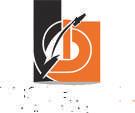


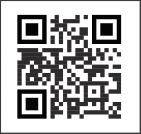
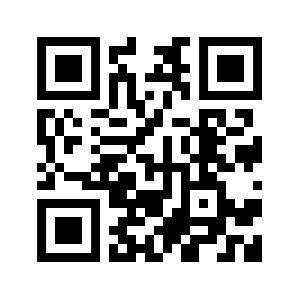


















The HR landscape in India is undergoing a dynamic transformation. As we step into 2024, attracting, retaining, and nurturing top talent is paramount for organisational success. In this edition, we celebrate 10 remarkable HR leaders who are shaping the future of Indian workforces. These leaders are not just strategists; they are architects of thriving work cultures. They are champions of innovation, implementing cutting-edge practices in talent acquisition, development, and employee well-being. From fostering diversity and inclusion to building robust skilling programs, their initiatives are empowering individuals and organisations alike. But their impact goes beyond their companies. These HR leaders are also actively shaping the broader Indian workforce ecosystem. Many are vocal advocates for progressive workplace policies, sharing their expertise at industry conferences and mentoring aspiring HR professionals. Their dedication extends to collaborating with educational institutions to bridge the skills gap and prepare future
generations for the evolving workplace. Through their leadership, these individuals are not only creating exceptional work environments but also redefining the very notion of what it means to be an HR leader in India. Their stories serve as an inspiration to all those who are passionate about building a future of work that is both successful and fulfilling.
This issue is a tribute to their vision, dedication, and unwavering commitment to the people who are the backbone of India’s growth trajectory. Get ready to be inspired by their journeys!
Raushan Singh Editor-in-Chief


Publisher CREDIT
Editor in Chief
Editorial Team
Graphics Team Development Team
Head Distribution
Accounts-Head Sales Manager
Research Head Research Team
“Business Prizm magazine”, we take pride in creating original content for our readers. All materials published in our various editions are protected by copyright, and copying them for anything beyond personal use or internal reference is strictly prohibited. To use our content in any other way, we kindly request written permission from our publisher.
While we feature a variety of opinions and perspectives in our magazine, they don’t necessarily represent the official stance of “Business Prizm”, our publisher, editors, or authors. It is important to remember that neither Business Prizm nor the author(s) take responsibility for any errors that might appear or for any decisions you make based on the information.
Lata Kumari
Raushan Singh
Stephen, Anshita Bhatt, Prem
Tarun Rathor, Mahesh Sahu
Shivam Kapoor, Anoop Sharma
Karan Mishra
Diksha Singh
Abhishek Singh, Vishal
Arun Pratap
Pawan Pathak, Anupam Yadav
We encourage you to use your critical thinking skills while reading Business Prizm. The information presented should be a starting point for your own research and exploration. Business Prizm is not liable for any actions you take based on the content in our magazine.
Published & Distributed by BusinessPrizm. All Rights Reserved. Reproduction in the whole or part of India without written permission is strictly prohibited.






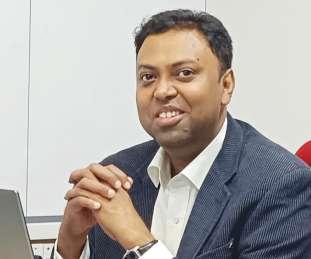
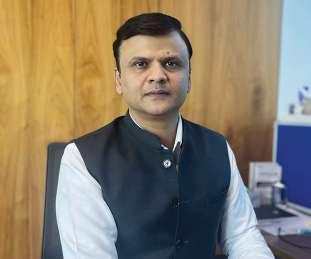











10 MOST ADMIRABLE
Oriental Structural Engineers (OSE), established in 1971, is a leader in India’s infrastructure sector, specializing in Highways & Airfields. Renowned for quality and timely execution, OSE boasts an impressive portfolio exceeding 8,300 lane kilometers of highways and expressways, alongside pavement works at 39 airports – a testament to their consistent achievement of early completion bonuses. Their strategic diversification extends into Open Cast Mining, OFC, Real Estate & Hospitality, and Warehousing & Logistics, solidified by a successful infrastructure investment trust (InvIT) launched in 2019. This venture attracted global, further strengthening OSE’s financial base with a Rs. 55 billion annual turnover.
Leading this growth trajectory is Rajesh Yadav, Executive Director-HR at OSEPL. With over 40 years of experience, Mr. Yadav’s distinguished career encompasses progressively

senior HR roles at prestigious companies like Electronics Ltd., Escorts, and UFlex Industries. He holds a Master’s degree in Social Work and a degree in Political Science.
At OSEPL, Mr. Yadav’s transformative leadership has aligned HR functions with the organization’s vision. He has fostered a performance-driven culture that has seen the workforce triple.
A champion of social responsibility, Mr. Yadav has driven impactful CSR programs supporting Project Affected People through skill training, environmental protection, and education. He is also a recognized leader in ESG compliance, propelling OSE-SPV projects to achieve top ESG rankings in India.
Mr. Yadav’s ability to foster strong business relationships and collaborative work environments sets him apart. He skillfully aligns HR strategies with both employee wellbeing and organizational goals.
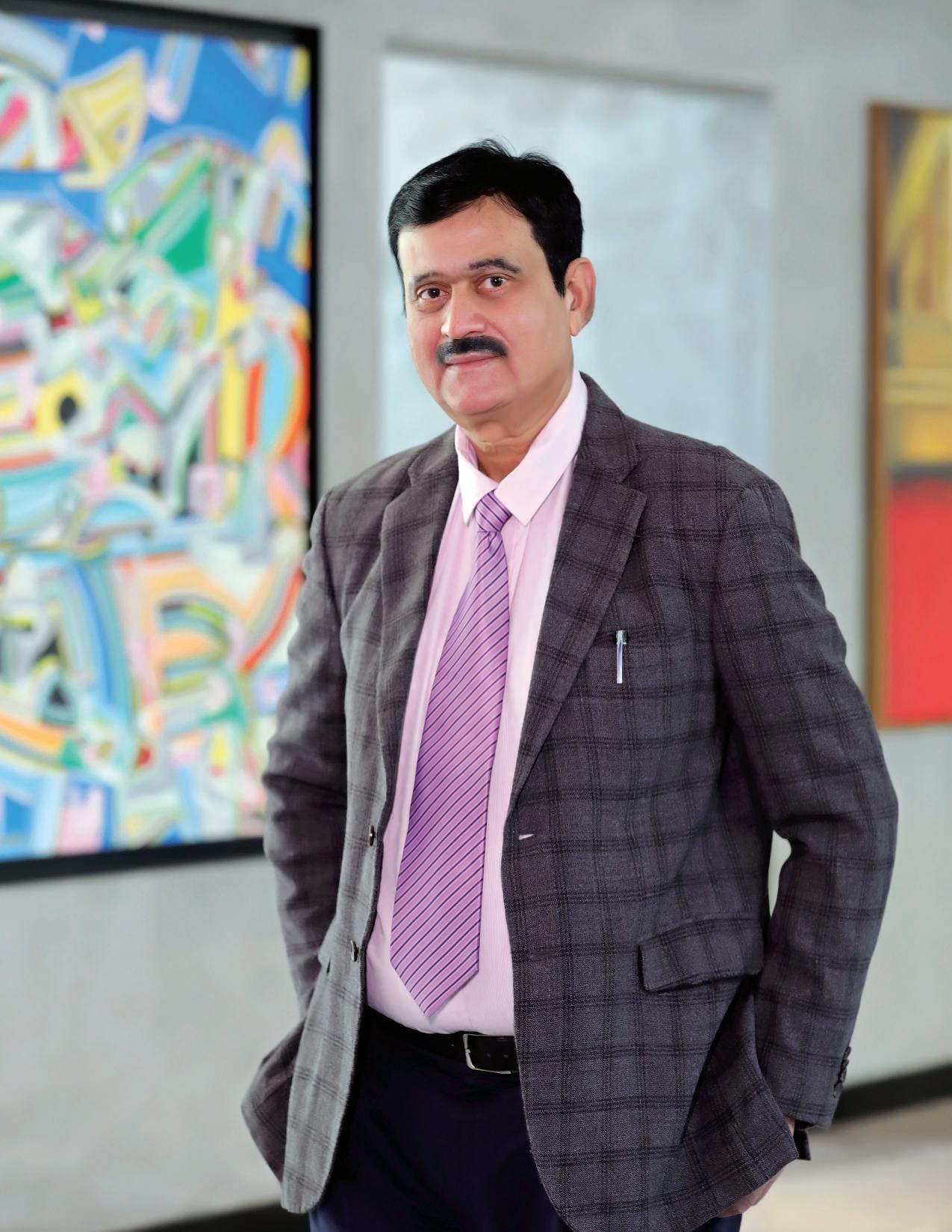

Walk us through your career path that led you to this leadership position at Oriental Structural Engineers Pvt Ltd (OSEPL)?
Being a seasoned HR leader with 40 years of experience, I excel in HR management, restructuring, talent acquisition, and people strategy. My distinguished career encompasses partnerships with national and multinational corporations across diverse industries like engineering and infrastructure. I’m recognized for fostering strong business relationships, cultivating collaborative work environments, and aligning HR with both employee well-being and organizational objectives. An MSW and Political Science degree underpin my qualifications. I’ve held progressively senior HR roles at Electronics Ltd., Escorts (Department Head, 3 manufacturing units), UFlex Industries (Joint Executive Manager, 3 business units), Machino Basell (General Manager, HR), and Sumi Mother son (National & International HR). Currently, as Executive Director-HR at Oriental Structural Engineers (OSE), I oversee all HR functions, transforming them to align with the organization’s vision and fostering a performancedriven culture. Under my leadership, OSE’s workforce has tripled, solidifying its reputation as a forward-thinking and employee-centric organization.
My expertise extends beyond HR. I lead Tolling & Non-Tolling operations for Oriental InfraTrust, doubling its revenue in 4 years. I’ve also successfully managed Open Cast Mining Projects, OFC, and Aggregate Businesses. Additionally, I played a crucial role in ESG compliance for OSE-SPV projects, propelling all InvIT assets to achieve the top ESG ranking in India.

How does your role at Oriental Structural Engineers contribute to the company’s overall goals and success?
Building on a successful HR track record, I have significantly contributed to OSE’s growth. I spearheaded the establishment of new business units, implemented HR systems, and integrated HR for acquisitions and new ventures. My passion
lies in fostering a future-ready, productive, engaged, and diverse workforce through talent management frameworks, performance-driven culture, and technology-driven HR processes.
Beyond HR, I led EHSS functions, securing ISO certifications (ISO 9001, 14001, & 45001) for OIT, OITML, and their SPVs, demonstrating a commitment to quality management and operational excellence.
Furthermore, I currently oversee Tolling & NonTolling operations for Oriental InfraTrust, with annual revenue exceeding Rs. 30 Billion.
My leadership has ensured EHSS compliance for OSE-SPV projects, paving the way for InvIT investments and achieving the top ESG ranking (ESGRisk.ai) for all InvIT assets in India.
Leading CSR initiatives, I’ve implemented impactful programs supporting Project Affected People (PAPs) through skill training, environmental protection, and educational support. Additionally, I’ve successfully managed Open Cast Mining Projects (total worth Rs. 561 Cr), the Aggregate Business (annual turnover Rs. 40 Cr), and Optical Fibre Cable laying projects (combined value Rs. 62.23 Cr).

Over your career, what were some of the most significant challenges you faced in HR, and how did you overcome them? What did you learn from those experiences?
Entering the complex construction industry, I faced the challenge of transforming Oriental Structural Engineers into a well-structured, process-driven organization. Initially focused on highway construction, diversification into new business lines necessitated the consolidation and standardization of HR processes. Attracting and retaining talent presented another hurdle. I implemented a multi-pronged strategy, including competitive compensation and benefits, engaging employee initiatives at project sites, leadership development programs, and fostering a diverse workforce with a focus on female inclusion.

What are some key strategies for keeping employees engaged and motivated at Oriental Structural Engineers?
Employees seek career progression, not just a job. As HR Director, I prioritize outlining clear career paths through five-year plans. Succession planning empowers current executives through mentoring, coaching, and development programs. Formal onboarding, including welcome letters and buddy systems, equips new hires for success. Maintaining motivation is key. We recognize and reward outstanding performance through our Performance Management Plans and marketdriven compensation. Individual incentives for key personnel and group-based incentives for project teams foster a collaborative spirit. From appreciation letters to on-thespot rewards, we acknowledge achievements at all levels.
Celebrating milestones provides external validation and strengthens morale. Empowering our team is crucial. Senior executives hold clearly defined roles with financial autonomy, particularly at project sites. They participate in setting business goals and individual targets through business meetings and budget planning sessions.
We foster a positive and engaging work environment through various cultural activities. Yoga and music classes promote well-being, while sports like volleyball and carom boards encourage teamwork. We actively participate in CSR initiatives, safety circles, and stakeholder engagement. A canteen committee ensures employee satisfaction, and we celebrate important days like festivals, Women’s Day, Earth Day, and Road Safety Week.

How does Oriental Structural Engineers promote diversity and inclusion within its Human Resources Practices?
Recognizing the critical importance of diversity, equity, and inclusion (DE&I) for business success,
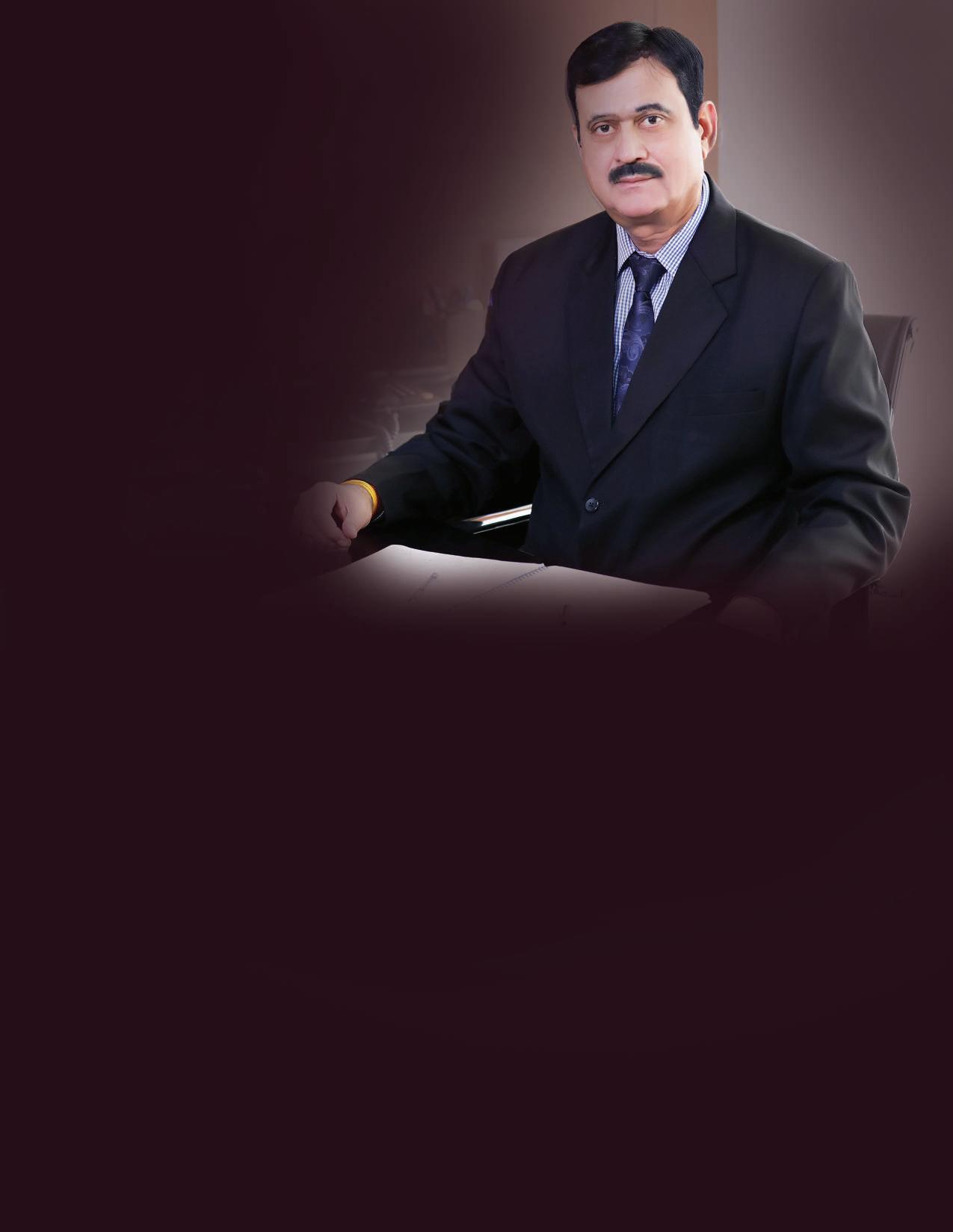
I have been a staunch advocate for initiatives that promote a fair and inclusive workplace. My approach involves actively assessing potential biases within the organization and systematically dismantling barriers to ensure equal opportunities for all employees. Our recruitment strategy is designed to attract talent from diverse backgrounds, focusing on local hiring at project sites as well as bringing in international professionals. This strategy not only enriches our talent pool but also ensures that we are representative of the communities we serve. I firmly believe that fostering a culture of empowerment and belonging is essential for employee motivation and retention. By creating an environment where every individual feels valued and included, we enhance overall job satisfaction and productivity. A diverse and inclusive work environment fosters a sense of unity and purpose, making our company an attractive destination for top talent and contributing to our overall success and growth. This holistic approach to DE&I not only enhances our corporate culture but also drives innovation and creativity within our teams.


The landscape of Human Resources (HR) in India is undergoing a dramatic shift. Technology is no longer a peripheral tool; it has become the driving force behind efficient and effective talent management. This “HR Tech Revolution” is transforming how companies attract, retain, and develop their workforce.
Repetitive and time-consuming tasks like payroll processing, scheduling, and benefits administration are being automated. This frees up HR professionals to focus on more strategic initiatives, such as talent development and employee engagement. For example, automating background checks allows HR teams to expedite the hiring process while ensuring quality candidates. HR tech platforms are generating a wealth of data on employee performance, engagement, and sentiment. This data empowers HR professionals to make data-driven decisions. They can identify skill
gaps, tailor training programs, and understand employee needs better. Imagine analysing employee satisfaction surveys to identify areas for improvement or using performance data to identify high-potential candidates for promotion.
Recruiting is no longer confined to job boards. Social media platforms and applicant tracking systems (ATS) are streamlining the process. ATS scan resumes for keywords, filter applications, and present only the most relevant candidates.
Employee expectations have evolved. They crave opportunities for continuous learning and development. Learning Management Systems (LMS) offer a centralised platform for delivering online courses, microlearning modules, and personalised development plans.
Employee engagement goes beyond annual surveys. HR tech platforms leverage gamification, social recognition tools, and
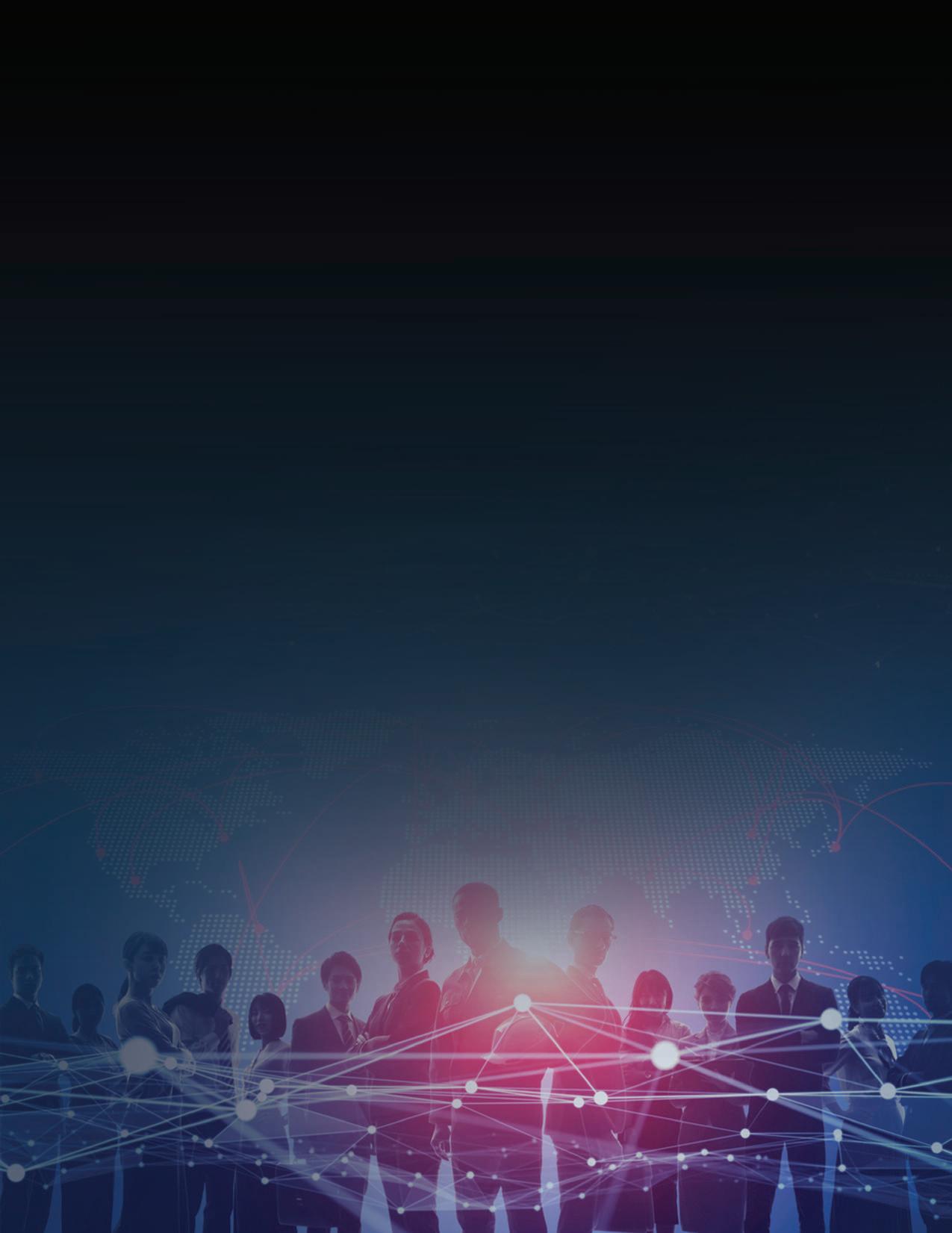
pulse surveys to keep employees engaged and motivated. For instance, a gamified onboarding program can make the process more interactive and engaging for new hires.
While HR tech offers immense benefits, challenges remain. Data privacy concerns need to be addressed. It’s crucial to ensure responsible data collection and utilisation. Furthermore, integrating different HR tech platforms seamlessly can be complex. The future of HR is collaborative. HR professionals and AI-powered tools will work together to create a more efficient and employee-centric work environment. As technology continues to evolve, HR professionals who can leverage it effectively will be at a significant advantage. The HR Tech Revolution is here to stay, and India is poised to be at the forefront of this exciting transformation.



The Chancery Pavilion
Romilla Ghosh: A beacon of elegance and innovation at The Chancery Pavilion, Bangalore. As the driving force behind this contemporary 5-star luxury business hotel, Romilla’s vision has transformed it into a discerning choice for business travellers, tourists, and those seeking unbuttoned luxury. Set amidst the heart of Bangalore’s central business district on Residency Road, The Chancery Pavilion is where Romilla’s passion for excellence truly shines.

What personal qualities or experiences do you believe have been most instrumental in shaping your success in HR?
As an HR professional, I credit my success to qualities like empathy, which allows me to understand and connect with others on a deeper level. Integrity is another cornerstone; upholding ethical standards builds credibility and respect within the organisation. Perseverance has been crucial—HR professionals often face complex situations, and persistence helps find innovative solutions.
Demonstrating strong work ethics consistently showcases commitment and reliability. Effective communication ensures smooth interactions with colleagues and employees. My self-motivation keeps me driven and proactive, leading to continuous improvement. Embracing a growth mindset and staying adaptable in the ever-evolving HR landscape ensures relevance and success. Overcoming challenges—both professional and personal—has made me stronger, more independent, and empowered.

The HR landscape is constantly evolving. What are some of the biggest challenges and trends you see impacting the future of HR?

The constantly evolving HR landscape poses significant challenges and trends that shape the future of the profession. One of the biggest challenges is the constant need to rethink the Employee Value Proposition (EVP) due to intense competition in the labour market. Post-COVID, the hospitality industry has experienced a revenue boom and ambitious business expansion plans, putting immense pressure on HR professionals to attract and retain talent. Today’s applicants seek a comprehensive value proposition from employers, encompassing career growth, inclusivity, belonging, fairness, trust, transparency, purpose, a supportive company culture, and overall well-being.

What innovative HR practices have you implemented at this company that have demonstrably improved employee engagement or performance?
At our company, we have implemented several innovative HR practices that have significantly enhanced employee engagement and performance. We introduced Fun Cafeteria Tea-Time Activities and unit-level retreats and events and a sense of belonging among employees. Additionally, we revamped the onboarding experience for incumbents to feel welcomed and integrated from day one. We conduct ‘informal stay interviews’ to understand employee needs and address concerns proactively. Our focus on training and developing our internal talent pool is geared towards effective succession planning and competency development, aligning with industry-wide best practices. These initiatives have collectively created a positive and supportive work environment, driving higher engagement and improved performance across the organisation.

Building a strong company culture is crucial. How have you shaped the company culture here, and what are some key aspects that define it?
We have shaped our company culture by fostering stronger connections with employees through face-to-face interactions at all levels, which helps eliminate information silos and instil a sense of be-
longing. Our efforts focus on creating an inclusive and diverse workforce, ensuring equality and fair treatment for all associates. By promoting transparency and open communication, we build trust and a collaborative environment. These key aspects—connection, inclusivity, equality, and transparency—define our company culture and contribute to a positive and supportive workplace where everyone feels valued and respected.

What are some of the most important skills or qualities you look for when recruiting top talent for your company?
When recruiting top talent for our company, we prioritise several key skills and qualities. Excellent interpersonal skills are essential for fostering strong working relationships and teamwork. Being an effective communicator ensures clarity and efficiency in interactions. Adaptability is crucial in our dynamic industry, enabling employees to thrive amid change. We value excellent team players who collaborate well and contribute positively to group efforts. Attention to detail is important for maintaining high standards and accuracy in work. Lastly, a positive attitude helps create a supportive and motivating work environment, driving both individual and collective success.

What excites you most about the future of HR and the role it will play in shaping successful businesses?
Thriving organizations recognize human capital as their most dynamic asset. As an HR professional, the challenge and reward lie in acquiring, engaging, developing, and retaining top talent. Cultivating future leaders internally fosters a strong culture, vital for long-term success. The future of HR excites me with the potential of Augmented Intelligence (AI) to optimize Human Capital Management. AI offers possibilities for streamlining processes, personalizing development, and gaining valuable employee engagement insights. Effectively integrating AI will be key to attracting and retaining top talent in the evolving business landscape.


Vijay TN, a dynamic HR leader with over two decade of experience, brings a passion for people cultivated during his early days in customer service. This passion led him to transition into HR, where he steadily climbed the ladder. His expertise spans talent acquisition, employee engagement, performance management, and strategic planning. Prior roles honed his ability to foster positive work environments and align human resource with business goals.

Can you give a brief overview of your career journey, from the beginning to your current role as Vice President Human Resources at Square business services?
As a seasoned Human Resources professional with over 20 years of experience. My career began in customer service, where I transitioned into human resource through internal recruitment. Over the years, I’ve held increasingly responsible roles, start-
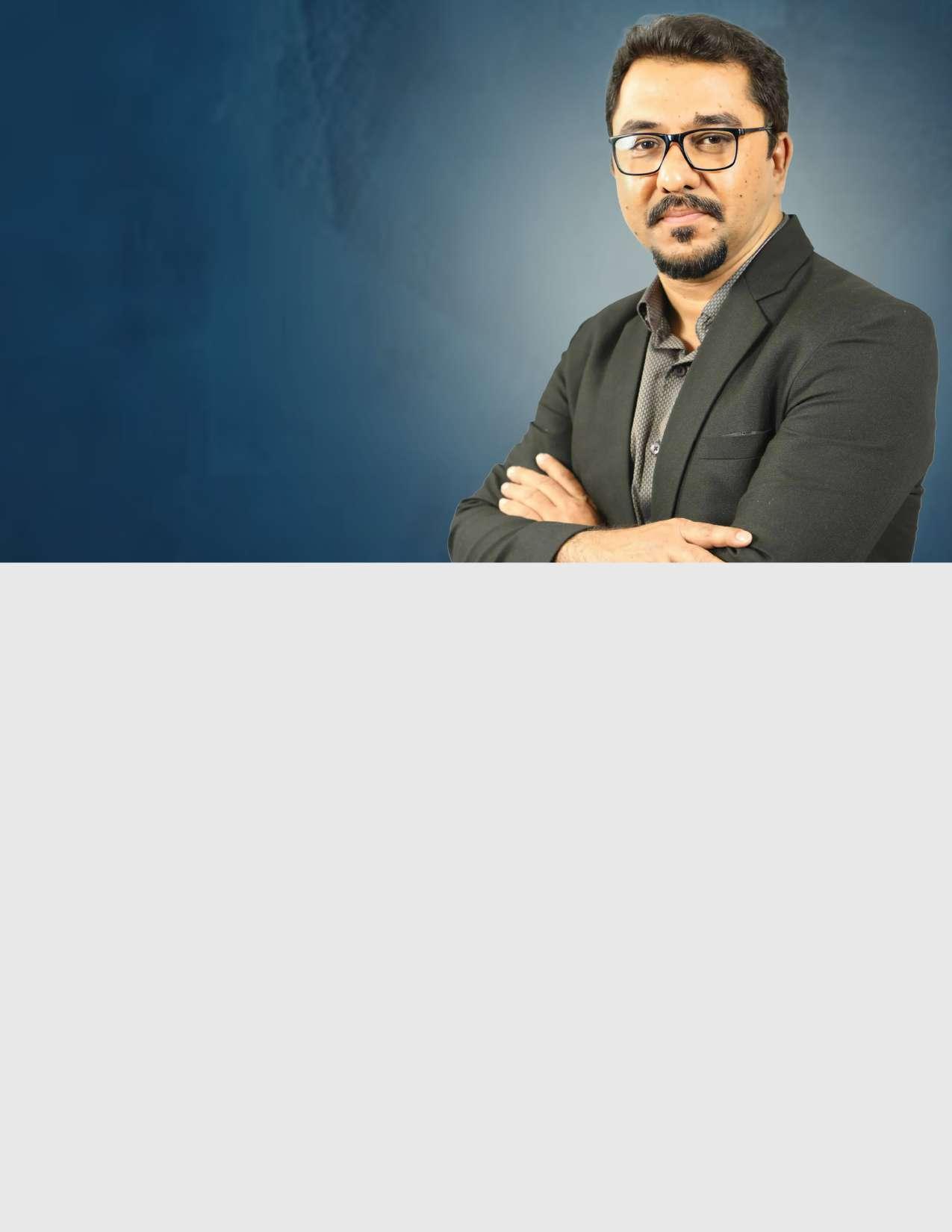
ing as an HR Executive and progressing to Head of human resources. These experiences have provided extensive expertise in talent acquisition, employee engagement, performance management, statutory compliance, and strategic planning. Currently, as Vice President of HR at Square Business Services, I lead the human resource function for a mid-sized BPM in hyderabad. My focus is on developing and driving strategy, cultivating a positive work environment, and ensuring alignment with the company’s business objectives. My career reflects a constant dedication to learning and adapting within the dynamic field of human resource.

Looking back at your career, what lessons learned from previous roles do you find yourself applying most often in your current HR leadership?
My experience in human resource leadership is driven by several core principles. First, I believe in an employee-centric approach, where understanding employee needs and aspirations, coupled with open communication, builds trust and fosters a positive work environment. Second, continuous improvement is paramount. The human resource landscape Business prizm 10 Most Admirable HR Leaders In India 2024

is constantly evolving, and my adaptability to new technologies, practices, and methodologies ensures I remain relevant and can drive positive change within the organization. Finally, strategic alignment is crucial, by aligning initiatives with the overall business strategy, I guarantee efforts support and enhance company objectives, leading to improved business outcomes. This focus on employee well-being, continuous improvement, and strategic alignment, all informed by data-driven decision-making, contributes significantly to effective leadership. My formula here is CASDE = Communication + Adaptability + Strategic Alignment + Data-Driven Decisions + Empathy = Effective HR Leadership
And a firm believer of the following quote by my idol:
“Effective leadership is not about making speeches or being liked; leadership is defined by results, not attributes.”–
Peter Drucker

In your role as VP of HR, what’s been a particularly challenging situation you’ve had to navigate, and what strategies did you use to overcome it?
Though new at Square Business Services, my prior experience tackling technology challenges is relevant. In a prior mid-sized BPM role, I led a technology initiative to address outdated systems hindering efficiency. A needs assessment with IT led to a robust HRMS implementation, improving talent acquisition, retention, and data-driven decision making through analytics and employer branding. This resulted in decreased turnover, faster hiring, and a stronger employer brand, highlighting the value of technology in achieving positive outcomes.

What are your key strengths in HR management, and how do they benefit the organisations you’ve led?
My core strengths lie in aligning human resource initiatives with business goals for impactful contributions. I foster positive work environments that drive employee engagement, satisfaction, and retention, leading to higher productivity and reduced turnover. I’m passionate about developing future leaders through talent identification and nurturing,
building a strong leadership pipeline for sustainable growth. Additionally, my experience in change management allows me to lead smooth transitions, minimising disruptions and maintaining employee morale.

Leading human resource at Square Business Solutions surely requires a lot of energy. What strategies do you employ to ensure you’re recharged and ready to tackle each day?
To ensure sustained effectiveness, I prioritize worklife balance with clear boundaries between professional and personal time. This focus on well-being is complemented by continuous learning through professional development courses, industry publications, and networking within the human resource communities like SHRM and XLRI. Seeking mentorship from experienced professionals further fuels my growth, regular physical activity, like morning walks or gym sessions, maintains both physical and mental well-being. Finally, I leverage effective time management to prioritize tasks, avoiding burnout and ensuring I consistently deliver my best.

Looking to the future, what personal goals are you passionate about pursuing within and outside of work?
As an innovator, I leverage technology and data to enhance employee experiences and foster a culture of inclusivity, collaboration, and continuous learning. My passion extends beyond work to volunteering and education, balanced with hobbies and family time, this approach fuels my professional success. Joining Square Business Services aligns with their mission, my two-year plan focuses on increasing employee engagement (20%) and reducing turnover (15%) through innovative technologies, inclusivity, collaboration, and learning opportunities. Our aligned strategies aim to attract, develop, and retain top talent for sustainable growth, for that i am grateful for the unwavering support and visionary leadership of Ravi Banda, MD and CEO of Square Business Services Pvt. Ltd.


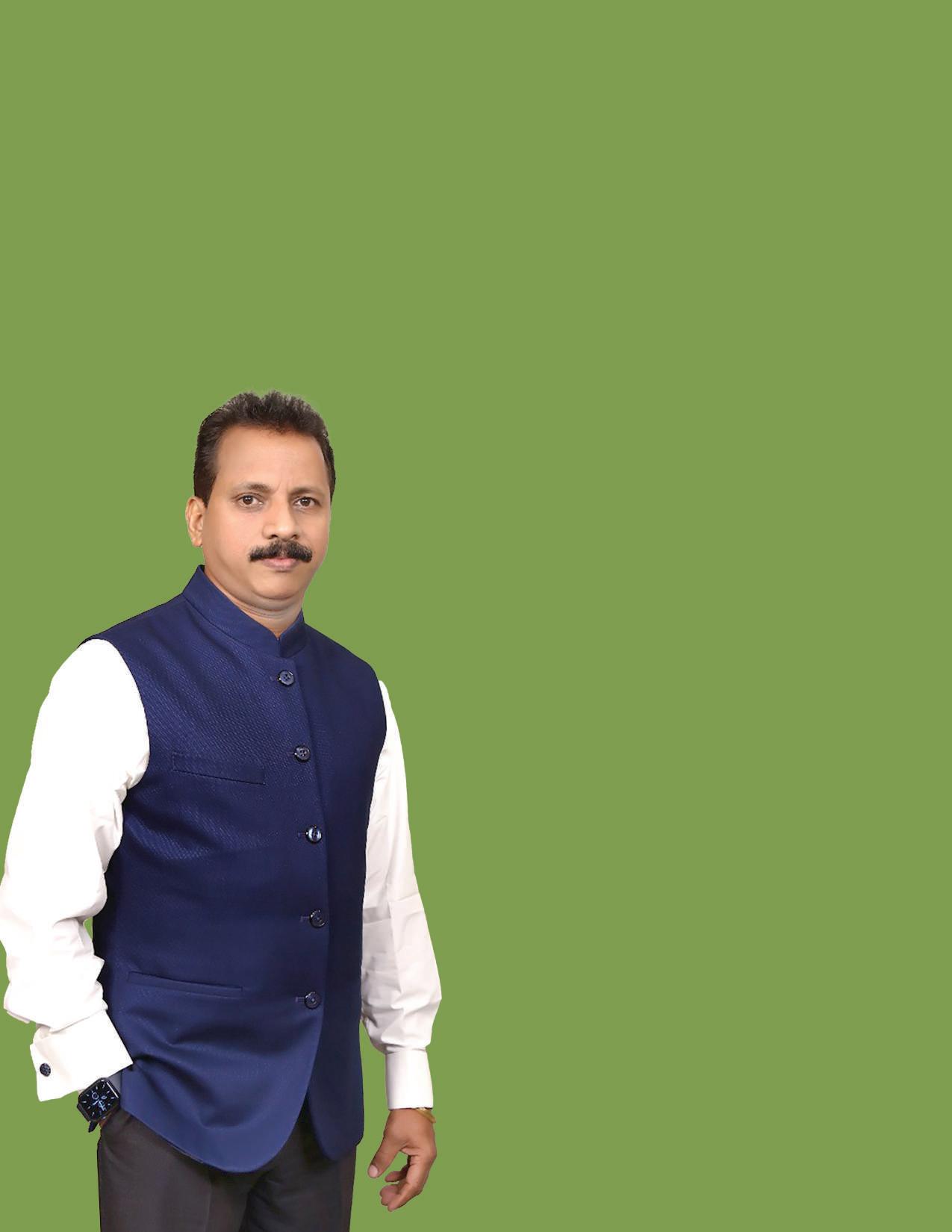
Senior Vice President – Human Resources
Krisumi Corporation
visionary strategist with the flair for designing and implementing innovative strategies and interventions for accelerated growth of the organizations and a real game changer who has defined awesome working cultures and “Homecoming Experience” for employees.
With an MBA in Human Resources from Delhi, MA Public Administration from Shimla, Bachelor of Arts from Delhi University, PUC from Shillong and Schooling from Kerala, has provided a solid foundation for his exceptional professional achievements.

Please walk us through your professional journey and the challenges you have tackled over the last decades.
Leveraging my three decades of distinguished experience as Senior Human Resources Strategist, have a proven track record of transforming people practices, systems, processes, and work environments within high-performing MNCs. This includes 8 years at Krisumi Corporation, 11 years at Emaar MGF, and 6 years each at Grand Hyatt Delhi and Neel International. Have tackled various people challenges, such as critical talent retention, technology adoption, succession planning, mindset shifts, and team trust issues throughout my career. Have successfully implemented innovative HR systems, best-in-class practices, and initiatives that foster a welcoming and supportive “Homecoming Experience” for employees to address these challenges. This approach has demonstrably boosted employee loyalty and engagement. The recent pandemic presented a new set of challenges, including transitioning to a remote work environment, supporting employee mental health, and maintaining productivity. Navigating these complexities further strengthened my skills in resilience, adaptability, and empathetic leadership. This experience underscores my ability to address complex people challenges and ensure success in an ever-changing global landscape.

Companies have been facing a talent shortage, how do you think organisations can overcome that?
The traditional notion of a talent shortage may be an oversimplification. Attracting the right talent requires a strategic approach to employer branding and workplace culture. Organizations that invest in building a strong employer brand and fostering a positive, healthy work environment can become magnets for top performers. Additionally, strategic workforce planning and capability building initiatives can ensure a pipeline of qualified candidates. Furthermore, providing robust career development programs fosters employee engagement and loyalty, contributing to long-term retention of critical talent. Our successful experience of headhunting talents from japan for key roles in gurugram exemplifies the power of effective sourcing and employer branding strategies.

What are some of the biggest HR challenges and trends you see impacting the future of the industry, and how is your department preparing to navigate them. Foreseeing major challenges like technological disruption, evolving demographics, and the rise of remote work, our HR team proactively implemented solutions to minimize their impact. These included investments in cutting-edge technologies and upskilling teams for optimal usage. Recognizing the need for agility, we adopted agile practices with iterative planning, frequent feedback loops, and collaborative decision-making. This allows us to swiftly adapt to new trends and overcome emerging challenges like skill gaps or AI adoption within the workforce. Our proactive approach to these evolving landscapes ensures we remain competitive, resilient, and prepared to thrive in an ever-changing business environment.

Diversity and Inclusion (D&I) are essential for a thriving workplace. How do
you champion these values within your HR department and across the entire organization?
Diversity and Inclusion (D&I) are core values at our organization, shaping our culture, talent management strategies, and everyday practices. We foster a family-like atmosphere built on mutual respect, where open dialogue is paramount. We actively encourage employees to share their experiences, perspectives, and challenges, building empathy and understanding within our teams. Regular forums, discussion panels, and robust feedback mechanisms facilitate open communication and continuous learning. Our leadership team demonstrates strong commitment by actively participating in D&I initiatives, serving as role models for fostering an inclusive environment.
Our commitment to D&I goes beyond a simple HR initiative – it’s integral to our organizational identity. By embracing diversity in all its forms, cultivating an inclusive culture, and promoting equity and belonging, we are not only creating a better workplace, but also contributing to a more positive future for everyone.

How do your hobbies and interests help you stay motivated and energized in your demanding HR role?
To maintain peak performance in my HR role, I prioritise work-life balance through meditation, prayer, and community service, which enhance my physical and mental well-being. Reading keeps me updated, while sports like badminton, football, and basketball boost my physical health and foster teamwork and resilience. At Krisumi Corporation, I championed creating sports facilities and organizing sports days to encourage employee participation and camaraderie. These healthy habits ensure my well-being, translating to a resilient and enthusiastic approach to challenges and opportunities.

High in the Himalayas, Ladakh, a land of stark beauty and ancient cultures, simmers with a growing demand for inclusion in the Sixth Schedule of the Indian Constitution. This unique provision empowers tribal communities in certain northeastern states with a degree of autonomy over their affairs. But why is Ladakh seeking this status, and what are the potential implications?
Ladakh’s residents, primarily Buddhists, fear an erosion of their cultural identity and environmental integrity. The 2019 abrogation of Article 370, which granted special status to Jammu and Kashmir, led to Ladakh becoming a Union Territory without a legislature. This sparked anxieties about increased bureaucratic control and potential exploitation of the region’s resources.
Inclusion in the Sixth Schedule offers a path to self-governance. It would allow Ladakhis to form Autonomous District Councils with decisionmaking power over land use, cultural preservation, and local development. This would empower them to manage tourism, a vital industry, in a sustainable

manner, safeguarding the fragile ecosystem. The demand goes beyond self-governance. Ladakh faces a unique set of challenges. Unregulated tourism threatens its pristine environment. Largescale development projects raise concerns about resource depletion and cultural homogenization. The Sixth Schedule would provide Ladakhis with a stronger voice to advocate for their specific needs and ensure a balanced approach to development. However, granting the Sixth Schedule status is not without its complexities. Integrating a new region into the existing framework requires careful consideration. Balancing local aspirations with national interests is crucial. Additionally, ensuring effective implementation within Ladakh’s unique socio-political context needs thorough planning. Ladakh’s call for the Sixth Schedule is a plea for recognition and self-determination. Recognizing Ladakh’s unique identity and aspirations through the Sixth Schedule could be a win-win, fostering a sense of ownership and ensuring sustainable development for this precious region.



10 MOST ADMIRABLE
IN INDIA 2024
Global VP - Human Resource
ExtraHop
Sweety Rath is the Global VP of Human Resource at ExtraHop, a cybersecurity solutions company. With a strong background in human resources, she has been pivotal in shaping ExtraHop’s culture and workforce strategy. Her innovative approach leverages advanced technologies and data-driven insights to enhance employee experience and operational efficiency. Sweety’s strategic vision and inclusive leadership have significantly contributed to ExtraHop’s reputation as a forward-thinking, employee-centric organization in the competitive tech industry.

Can you share your journey from being a B Tech Electrical Engineer to a Global VP of Human Resources?
The transition from Engineer to Global VP of Human Resource is a unique and rewarding path. It began with my growing interest in people management, company culture evolution, and deep interest in talent development especially skills that are objective and shape behaviours. Recognizing the transferrable skills of analytical thinking, problem-solving, and project management from engineering, I actively sought internal opportunities. This included volunteering for HR projects, mentoring new hires and eventually a rotational program in Learning Team. It could not have been a better start than being in the Learning Team and taking baby steps for the HR career I possibly had only dreamt of! Starting in an entry-level HR role showcased my commitment and provided a foundation in core practices. Formal education in HR was something I have pursued strategically throughout my career. It has been in form of degrees,

diplomas, certifications etc. which has equipped me to bridge the gap between goals and revenue related business functions. Continuously demonstrating the value of my engineering background in HR – including applying analytical skills to process improvement, problem-solving to navigate complex situations, and project management to lead initiatives – solidified my position in the field. This journey emphasizes the importance of lifelong learning, taking initiative, and leveraging a unique skillset.

Beyond traditional recruiting methods, what innovative strategies do you use to find and engage the best tech talent?
To attract top tech talent, go beyond traditional job boards. Use skill-based matching platforms and tech community engagement for targeted outreach and to showcase your culture. Encourage developers’ opensource contributions to attract collaboration-minded talent. Ensure a positive candidate experience with streamlined, skill-focused interviews and personalized interactions. Highlight growth opportunities, clearly outlining career paths and the role’s significance. Offer flexible work arrangements to demonstrate your commitment to work-life balance. Leverage technology by showcasing your culture and projects on social media, incentivizing employee referrals, and using data-driven
recruitment to track and refine strategies for better targeting top talent.

Can you walk us through your approach to navigating stressful situations and making important choices under pressure?
Pressure and stress are workplace realities. My approach prioritizes acknowledging the situation and maintaining a calm demeanour. Recognizing stress allows for clear thinking. Taking charge involves gathering information, identifying options, and prioritizing based on values and potential consequences. Seeking help from trusted colleagues can offer valuable external perspectives. Ultimately, making a decision and taking action, even if the outcome isn’t ideal, provides valuable experience. Building resilience requires selfcare practices and learning from past experiences to navigate future challenges effectively. By acknowledging stress, taking charge, and fostering resilience, you can make sound decisions even under pressure.

What values do you believe are essential for authentic leadership, and how do you embody them in your work?
Authentic leadership hinges on a core set of values that I actively embody in my work. Self-awareness and integrity build trust through transparency. Open communication fosters a safe space for connection. Empathy
allows me to understand and connect with my team. Humility means acknowledging limitations and celebrating others’ successes. I lead with courage, guided by a clear purpose that inspires my team. Finally, I believe in continuous learning and development, for myself and my team. This commitment to core values ensures I lead authentically and effectively.

Building a culture of continuous learning is key to success. How do you foster a growth mindset within your team and yourself?
A growth mindset fuels a culture of continuous learning. We can challenge fixed mindsets by reframing self-talk. Instead of “I’m bad at math,” acknowledge the challenge with “This is difficult, but I can learn new strategies.” Adding “yet” to limitations like “I can’t code yet” emphasizes the potential for future growth. A fixed mindset sees talent and challenges as opposing forces. A growth mindset flips this to “AND,” acknowledging both. We can celebrate effort and progress by recognizing those who tackle tough tasks or seek learning opportunities. Normalizing struggle allows your team to view challenges as part of the learning process. Setting ambitious yet achievable stretch goals promote a sense of accomplishment and fosters a culture where growth is embraced and continuous learning becomes the norm.


Hindustan Pencils
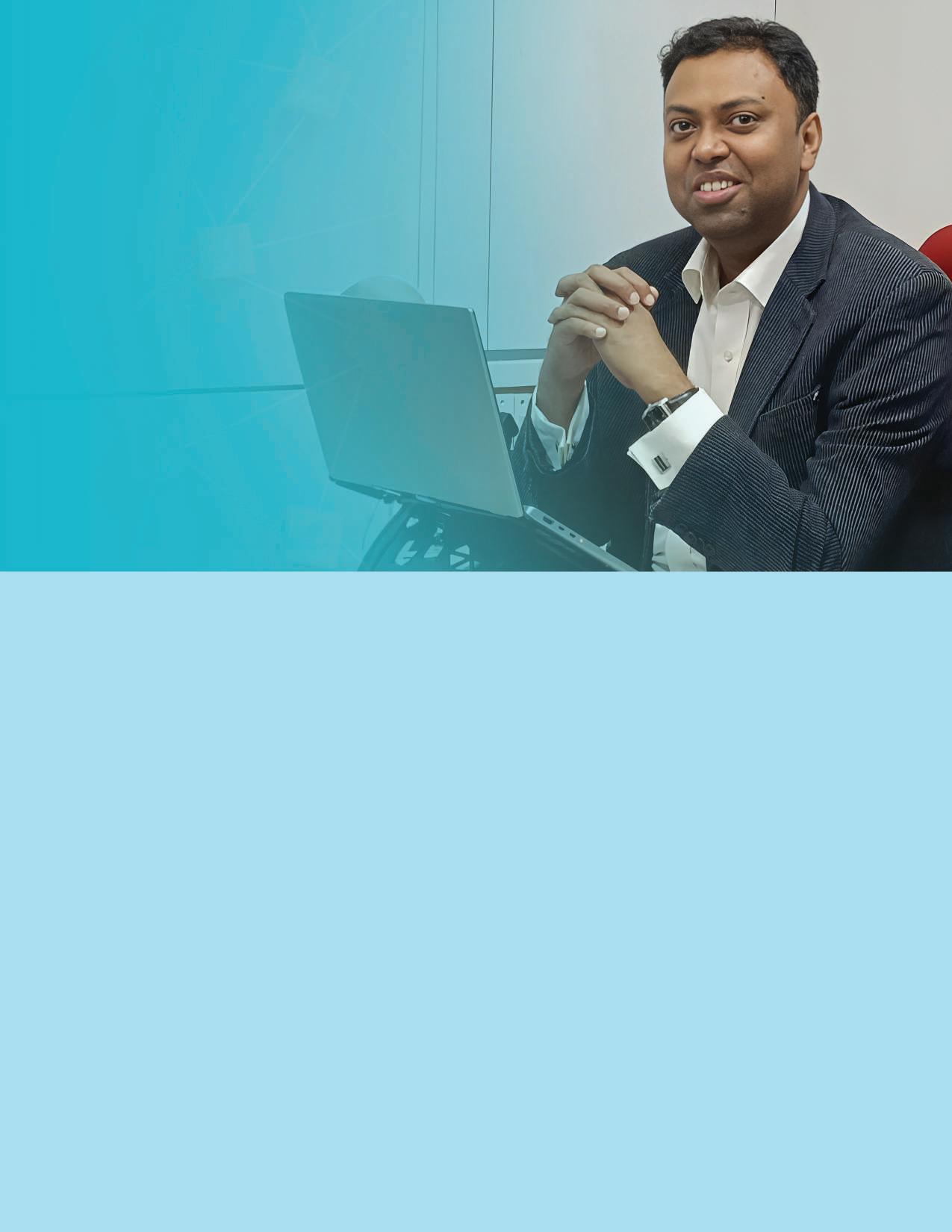
Himadri Roy is a seasoned HR leader, currently associated with Hindustan Pencils Private Limited as Head of Human Resources. He comes with strong HR domain knowledge and a proven track record of strategic business partnering, culture building, and organizational transformation. He started his career with Asian Paints Ltd. and subsequently worked with various Indian and MNCs including The Oberoi Hotels, PepsiCo, Hilton Hotels and Jubilant Footwork’s Limited (Domino’s Pizza). He has been conferred with various professional awards and accolades and has also authored a book “Life of an HR”.

Having worked in different industries, how has your approach to HR become more adaptable to meet the unique needs of each sector?
Human Resources, at its core is all about people. When it all comes down to it, people are the same no matter the industry or workplace, with mostly the same behaviours, needs and desires.
Regardless of industry or sector, there are multiple HR skills that are transferrable. It is only a matter of “adjusting” parts of it based on industrial context. You just need to understand the specific characteristics of the industry you are working in. Regulatory requirements vary, but the underlying principle of ensuring your team delivering to such codes of compliance is the same. Having worked in different industries has made me versatile. In my experience, having moved between several industries, I have always tried to quickly adapt to the precise needs of the industry. I feel that life experiences in different industries rounds out your knowledge and add substance to many tasks within your present position.

What is your leadership philosophy, and how do you implement it within your HR team?
My leadership philosophy centres on empowering team members to reach their full potential. I strive to lead by example, demonstrating a commitment to both hard work and strategic thinking in meeting deadlines. I foster a productive and stress-free

work environment by delegating tasks with clear expectations and providing the autonomy needed to excel. By sharing my professional experiences, I actively mentor and invest in the growth of each team member. This approach cultivates a highperforming team environment where individuals feel valued and supported in their professional development.

What are the unique HR challenges in managing teams across different states and regions?
Leading geographically dispersed teams presents both opportunities and complexities. A key challenge from an HR perspective is navigating cultural diversity. Regional variations in communication styles, decision-making preferences, and conflict resolution approaches can impact team dynamics. Cultivating cultural intelligence is essential. This involves fostering understanding and respect for these differences, adapting communication methods, and embracing diverse viewpoints. Building trust and promoting open communication channels are crucial for mitigating misunderstandings. Fortunately, my extensive domestic travel experiences throughout my upbringing have exposed me to a variety of cultures. This has proven invaluable in my professional career, particularly when collaborating with colleagues from across the country.

How do you balance your professional responsibilities with your personal life?
I consider myself a highly committed professional and go all the way in fulfilling my professional responsibilities. But my family is always my priority. Professional life gives you identity and financial support, but family gives you the much-needed emotional support. I prefer to spend quality time with my family and close friends. I prioritize all my professional and personal commitments well in advance and then plan accordingly. At work, I set my own deadlines according to my commitments so that I can comfortably execute my plans both on personal and professional fronts. During the initial days of my career, I used to spend most of my time in work related things. Of late I have started
prioritizing my hobbies and interests. I have a long list of hobbies. Listening to old bollywood music, playing harmonium and keyboard, attending live music concerts, following political events, watching sports both on television and from the playgrounds and stadium, watching movies etc. keeps me motivated. Besides, an avid traveller, I frequently go on a short trip which keeps me refreshed.

What advice would you give to aspiring HR professionals aiming for leadership roles?
According to me, HR professionals aiming for leadership roles should remember and follow one simple philosophy called “LEAD” – Learn, Engage, Appreciate and Discipline. Learning is a never-ending process and for HR professionals, every day is a new learning experience, because their role is to manage human emotions, for which there is no ready-made theory. You must deal according to the situation and how you handle it, that is a learning. Engage – HR professionals must learn to engage with everyone in the organization by caring, connecting, coaching, contributing and congratulating. These are the five Cs of engagement, and every HR professional must follow these principles. Appreciate- HR leaders are the flag bearers of culture and motivation in the organization and one of the key elements of motivation is appreciation. So, appreciate your team, appreciate your people, learn to appreciate even the small things. Discipline – HR leaders should lead by example in demonstrating good conduct, behaviour, integrity and work ethics. A disciplined approach towards work, not only for HR professionals, but for everyone is the main key to success. While external recognition is certainly appreciated, my primary focus lies in achieving impactful results and continuously refining my skillset. My internal drive and passion for my work fuel my dedication to excellence. Ultimately, while external validation holds merit, my greatest satisfaction stems from exceeding my own standards and delivering exceptional results.

Sunil Chhetri, the iconic captain of the Indian National Football Team, is not just a footballing legend but a masterclass in leadership. His dedication, humility, and unwavering spirit have not only propelled him to sporting heights but also offer invaluable lessons for leaders across all walks of life.
Great leaders inspire, and Chhetri does this effortlessly through his relentless work ethic and unwavering commitment to the sport. Despite being the star player, he is never above putting in the hard yards, setting the standard for his teammates both on and off the field. His dedication to fitness and his positive attitude are infectious, motivating those around him to strive for excellence.
Unlike some sporting superstars, Chhetri remains grounded. His humility fosters a sense of camaraderie and respect within the team. He is approachable and treats every member, from seasoned veterans to new recruits, with respect. This creates a collaborative environment where everyone feels valued and contributes to the team’s success.
Football is a team sport, and Chhetri understands that individual brilliance can only take you so far. His leadership focuses on uniting the team. He builds trust among teammates, fostering a sense of collective purpose. He knows that every member has a crucial role to play, and his strategies leverage each player’s strengths for the
maximum impact.
Resilience in the
Face of Adversity
The road to sporting glory is rarely smooth. Chhetri’s career has had its share of challenges and setbacks. However, he has always demonstrated remarkable resilience. He bounces back from defeats with unwavering determination, inspiring his team to do the same. This quality is crucial for any leader, as setbacks are inevitable, and the ability to overcome them is what separates good leaders from great ones.

The Art of Communication and Motivation


Sunil Chhetri’s leadership transcends the football field. The lessons he embodies are valuable for anyone in a leadership role. By emulating his humility, dedication, team spirit, and unwavering resolve, we can all become more effective leaders and inspire those around us to achieve great things.
Chhetri’s recent decision to retire from international football marks a significant turning point in his illustrious career. However, his legacy as a leader extends far beyond the number of goals scored or trophies lifted. His lead ership style provides a blueprint for a smooth tran sition into his next chapter.

While his presence on the field will be sorely missed, Chhetri’s influence is likely to continue. His unwavering pas sion for the sport and his commitment mentoryoung suggest a future or men- tor. He can
inspire the next generation of Indian footballers with the same dedication, humility, and team spirit that characterised his own playing career.
Furthermore, Chhetri’s leadership qualities can be valuable in various aspects of life beyond sports. Businesses can benefit from his ability to build strong teams, foster collaboration, and navigate challenges with resilience. His story can inspire entrepreneurs and managers to lead with humility and motivate their teams to achieve collective success.

To sum up, Sunil Chhetri’s retirement from international football signifies the end of an era, but his leadership legacy continues to inspire. His dedication, humility, and unwavering spirit offer valuable lessons for leaders across all fields, paving the way for a successful transition into the next chapter of his remark-



Montecarlo Limited (MCL) stands as one of India’s premier civil construction entities, headquartered in Ahmedabad, Gujarat. Their operations span in various verticals of mining, energy infrastructure, water and irrigation, buildings and factories, highways, railways and metro with about 62 ongoing sites pan India. The company’s commitment to excellence is reflected in its adoption of new technologies and adherence to sustainable construction practices, aiming to contribute robustly to the nation’s infrastructure development. Pushpak Modi Head of HR at Montecarlo signifies a pivotal addition to the company’s leadership team. With a distinguished career spanning over two decades in human resources, Modi is poised to revolutionise HR and administrative strategies at Montecarlo. His profound expertise promises to optimise organizational efficiencies, foster a culture of excellence, and streamline operations crucial for Montecarlo’s ambitious growth trajectory in infrastructure projects. Modi’s strategic insights are set to empower workforce dynamics,
cultivate talent, and ensure robust administrative frameworks that align with Montecarlo’s overarching goals of innovation, sustainability, and operational excellence in the competitive landscape of infrastructure development.

Can you elaborate on your transition from talent acquisition to broader HR leadership?
My transition from talent acquisition to broader HR leadership was a natural progression fuelled by a desire to influence organizational effectiveness on a larger scale. At Adani Power Limited, my role as Talent Acquisition Lead allowed me to refine recruitment strategies, adapting to market demands and ensuring we attracted top talent. This foundation in talent management facilitated my move to Group HR Lead at Adani’s Energy Business and later as Senior HR Business Partner at Adani Road Transport Ltd, where I aligned HR processes with business strategies. These experiences
culminated in my current role at Montecarlo Limited, where I drive comprehensive HR initiatives that support business growth and innovation.

Can you describe some key strategic initiatives you implemented to improve HR effectiveness?

How do you stay innovative and find creative solutions within the field of HR?
My approach to staying innovative and finding creative solutions in HR involves continuously learning and adapting to new trends and technologies. At Montecarlo Limited, I leverage my extensive experience to align HR strategies with business objectives, ensuring efficiency and effectiveness. By fostering a culture of continuous improvement and embracing unconventional methods, I drive positive changes in human resource functions. Additionally, my background in diverse HR roles, from talent acquisition to human resource transformation, equips me with the skills to navigate complex challenges and implement strategic initiatives that enhance organizational effectiveness and operational efficiency.

Beyond talent acquisition, what other HR practices do you consider crucial for sustainable growth?
Beyond talent acquisition, key human resource practices which are crucial for sustainable growth include talent management, aligning processes

I implemented several key strategic initiatives to enhance effectiveness. These included aligning human resource processes with business strategies to drive operational efficiency and integrating eco-friendly practices at work place. I strengthened systems and administrative frameworks to support our diverse operations in highways, railways, metro systems, and urban infrastructure. Additionally, focused on talent acquisition and management, ensuring we attracted and retained top talent to meet our ambitious goals. My initiatives aimed at improving organizational effectiveness, aligning human resource policies with business goals, and fostering a culture of continuous improvement and innovation within the human resource department. Act as a strategic advisor to senior management by providing insights and recommendations on workforce trends and implications.

with business strategies, and driving operational efficiency. My experience in merger and acquisition integration highlights the importance of cohesive practices across sectors. Additionally, human resource transformational tech-based projects are vital for enhancing organizational effectiveness and adapting to market changes. Other practices that contribute significantly to this are promoting a diverse and inclusive workplace and supporting employee well-being.


Suresh Aade is a dynamic HR leader renowned for his strategic vision and transformative contributions to organizational success. Throughout his distinguished career, he has led groundbreaking HR initiatives, including spearheading greenfield projects and driving major organizational transformations. Celebrated globally for his expertise in the evolving HR landscape, Suresh leverages innovative technologies and data-driven decision-making. His leadership focuses on creating positive employee experiences through flexibility, continuous learning, and a high-performance culture. With his proactive and innovative approach, Suresh is a forward-thinking leader dedicated to building engaged, highperforming teams.

What are the major milestones you have accomplished in your professional journey to date?
I have led significant achievements throughout my career, including pioneering HR greenfield and
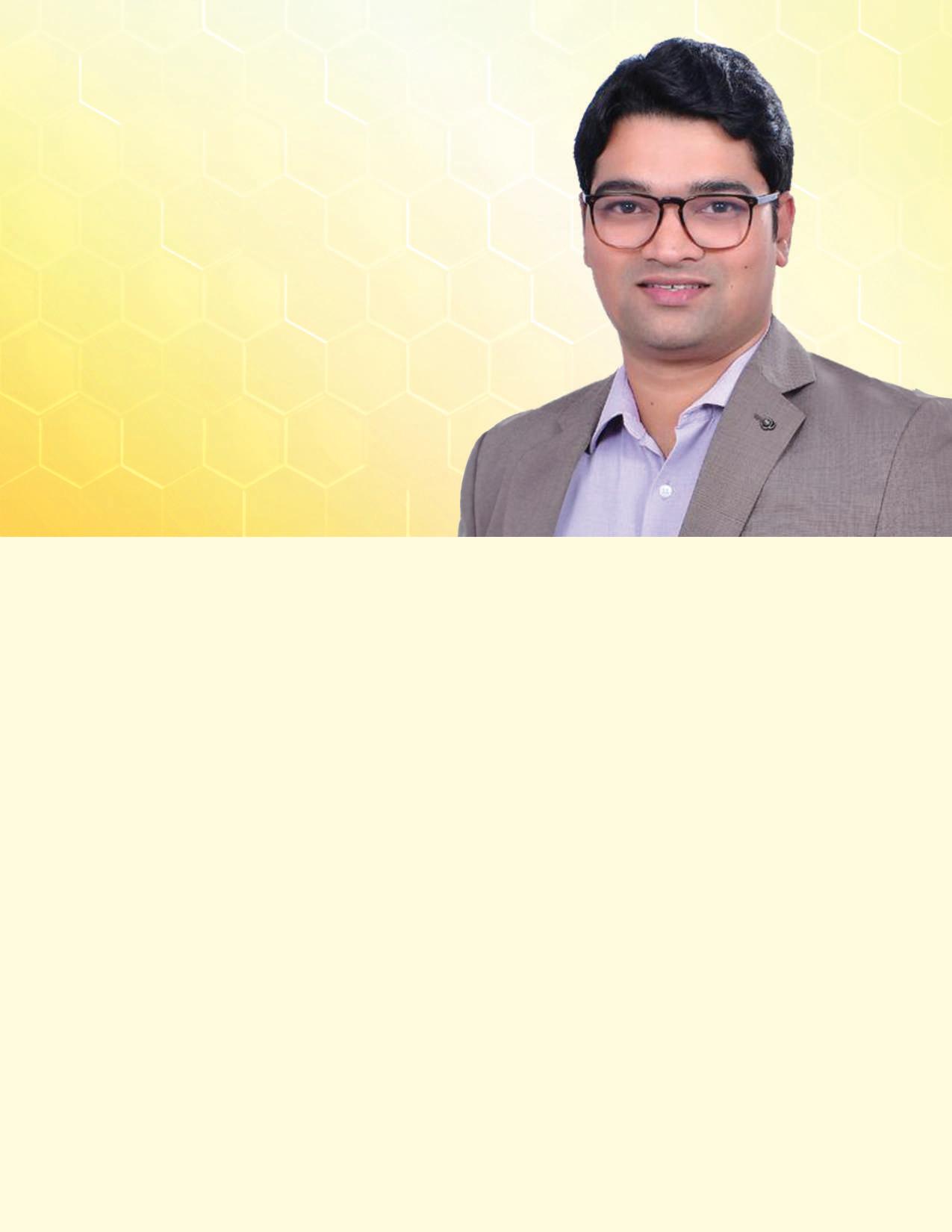
start-up projects and establishing comprehensive Hire-to-Retire HR organizations that drive business goals. I have managed seamless transitions during major mergers and acquisitions, enhancing employee retention and boosting revenues.The most gratifying experience was turning around multiple underperforming HR functions through strategic initiatives and continuous improvement. This year, I was honored with the Global Leader of the Year award and recognized as an Iconic Leader in the HR community.
These milestones showcase my dedication to advancing HR practices and my ability to foster positive collaborations and drive transformative change.

How do you see the role of HR evolving with the advancements in technology?
The role of Human Resources is undergoing a significant transformation due to technological advancements and automation. As an HR leader in a tech company, we prioritize creating employee communication and touchpoints to engage and communicate with employees. Digitizing and automating processes to enhance efficiency and effectiveness. Furthermore, technology enriches
the employee experience with personalized and flexible interactions. Digital platforms facilitate seamless communication and self-service options, while AI tools, like chatbots, improve HR service accessibility, meeting the expectations of the modern workforce.

How has the implementation of change management within HR impacted your organization, and what are the resulting outcomes?
Change has been a constant in my journey, especially at FoodHub, an organization known for its dynamism and commitment to challenging the status quo. Our pursuit of excellence in every facet is driven by the desire to remain ahead of both business and employer competition. As a team, we take great pride in our contemporary HR practices that consistently introduce innovative solutions for a future-ready workforce. We are proud of the environment and teams we’ve cultivated, which are agile and proactive in keeping us ahead of the curve, ensuring the workplace remains vibrant and engaging. We foster a culture of openness that emphasizes continuous feedback and collaboration in response to evolving demands. This culture not only enhances employee retention and satisfaction but also delivers excellent business results and creates a more thriving workplace.

What do you foresee as the biggest challenges for talent management over the next year, and how must approaches evolve to meet the experience employees now expect?
The landscape of talent management is undergoing profound changes driven by rapid technological advancements, evolving employee expectations, and global economic fluctuations. Persistent talent shortages are intensifying the challenge of attracting and retaining top talent amidst declining employee loyalty.
Employees now prioritize flexibility, competitive compensation, and accelerated career advancement opportunities. They also seek fairness, recognition, transparency, and flatter organizational structures.
To meet these expectations, organizations must adopt personalized approaches to employee experiences, leveraging tools such as pulse surveys, real-time feedback mechanisms, and performance reviews.

What are the key qualities you look for in potential candidates during the hiring process?
When evaluating candidates, we prioritize alignment with our company values and culture. Shared values and enthusiasm for our mission lead to seamless integration and meaningful contributions. We seek individuals with a strong drive for success, focusing on long-term potential. Key skills include problem-solving abilities, adaptability, resilience in dynamic environments, and exceptional communication skills, both verbal and written, to foster collaboration and clarity. We highly value a continuous learning mindset, embracing growth opportunities, and staying current with industry trends.
By prioritizing these qualities, we build a diverse and inclusive workforce that drives innovation and sustainable growth.

What advice would you give to someone starting their career in HR?
HR professionals must excel with the right mindset and skillset. Modern organizations need HR to be agile, responsive, and quick in decision-making to benefit both people and business. Success hinges on key principles: self-awareness, prioritizing the employee experience, and staying current with HR technology to streamline processes. Cultivating emotional intelligence—adaptability, agility, and active listening—is vital for fostering engagement and collaboration.
World Environment Day (WED) is a day dedicated to raising global awareness about the environment and the pressing issues it faces. Celebrated annually on June 5th, it serves as a platform for individual and collective action towards environmental protection. But how did this international day of action come to be? Let’s delve into the history . The roots of world environment day lie in the 1972 Stockholm Conference on the Human Environment. This landmark event, also known as the Earth Summit, brought together representatives from 113 countries to discuss the increasingly concerning relationship between human activities and the environment. Recognizing the urgency of environmental action, the conference established world environment day as a way to create lasting awareness.
A year later, in 1973, the first World

Environment Day was held with the theme “Only One Earth.” This simple yet powerful message highlighted the importance of our planet and the need for global cooperation in protecting it. Since then, world environmet day has become a prominent annual event, with a different theme chosen each year to address a specific environmental concern. The themes of world environment day have reflected the evolving environmental landscape. Early themes focused on broad issues like marine pollution (1984) and overpopulation (1989). As scientific knowledge grew, so too did the focus. Themes like climate change (2007) and desertification (2006) brought these complex issues to the forefront of public consciousness. It has also addressed specific environmental threats, such as illegal wildlife trade (2016) and air pollution (2019).
Beyond raising awareness, world environment day is a day for action. The United Nations
Environment Programme (UNEP), the leading force behind this, encourages individuals, governments, and organizations to take concrete steps to improve the environment. This can involve anything from planting trees and cleaning up local parks to advocating for stricter environmental policies and supporting sustainable businesses.
“Protect Our Planet, Preserve Our Future.”
The host country for world en vironment day rotates each year, providing a unique platform for showcasing national en vironmental initiatives and raising awareness of local challenges. This global focus ensures that world environment day resonates with a wide audience, fostering a sense of shared responsibility for environmental wellbeing. The impact of world environment day is undeniable. Over the years, it has played a significant role in mobilising public support for environmental protection. It has spurred international cooperation on environmental issues, leading to the development of impor tant treaties and agreements. Notably, the Montreal Protocol, a landmark agreement to phase out ozone-depleting substances such as Chlorofluorocarbon(CFCs), gained significant momentum thanks to world environment day campaigns.
However, the challenges we face remain significant. Climate change, biodiversity loss, and pollution continue to threaten the planet’s health. World environment day serves as a vital reminder that environmental action is ongoing and requires sustained commitment. By fostering individual and collective action, world environment day continues to be a powerful tool for building a more sustainable future for our planet.

World Environment Day is a testament to the power of international collaboration in addressing global issues and collective efforts. From its humble beginnings in 1972, it has grown into a significant platform for raising awareness, advocating for change, and inspiring action at various level from individuals to governments. As we face the ever-growing environmental challenges of the 21st century, world environment day serves as a crucial reminder of our collective responsibility to protect the only Earth we have. But its impact extends beyond just raising awareness. World environment day empowers individuals to take concrete actions in their daily lives by adapting sustainable practices, such as reducing waste or adopting eco-friendly practices, creating a ripple effect that can lead to systemic change. With continued global participation and commitment, world environment day can be a catalyst for a greener and healthier future for all.


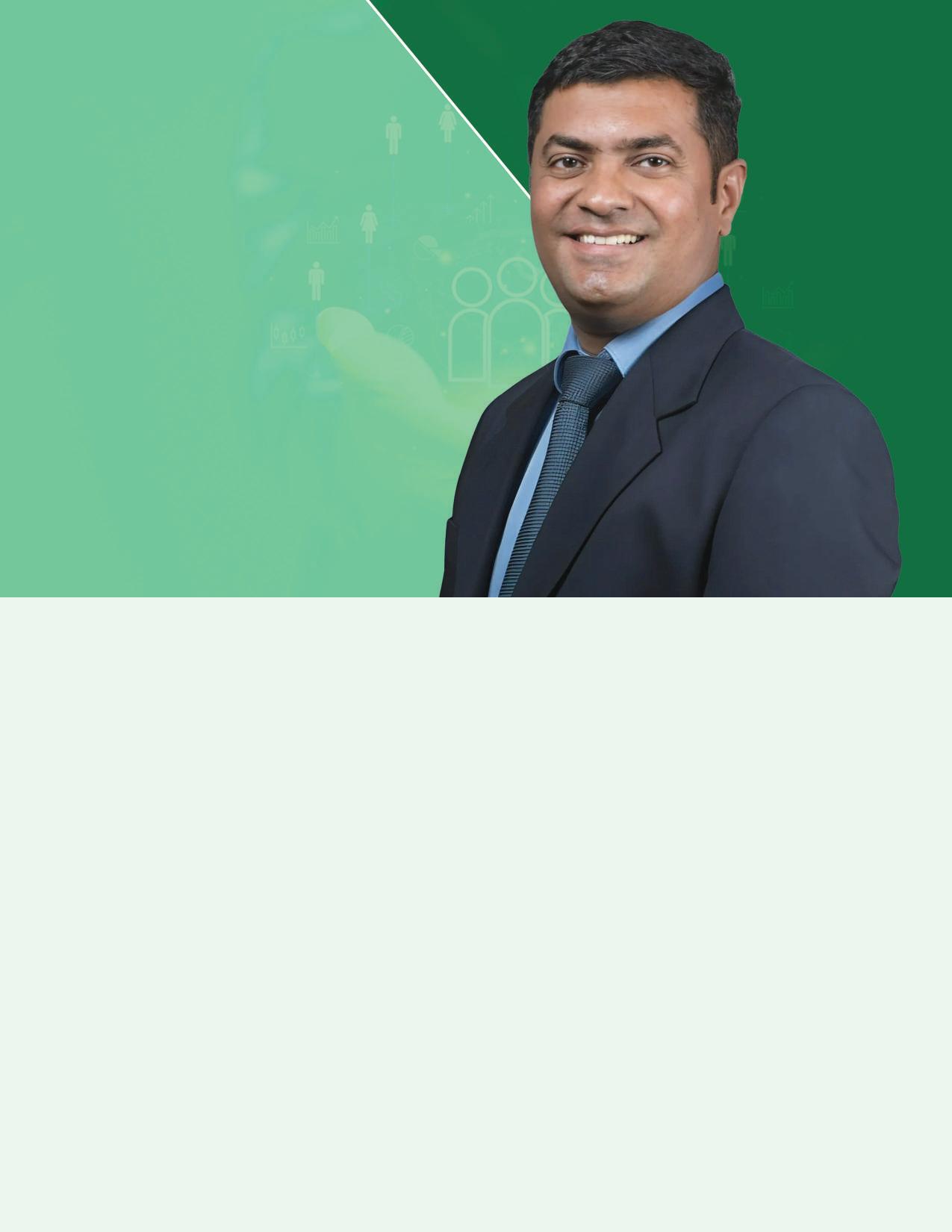
Human Resource Officer STEER
Anand B E, the Group Chief Human Resources Officer (CHRO) at STEER, has carved a distinguished career path marked by his profound influence on human resources and organizational development. With a robust educational background in Human Resources Management and extensive experience across diverse industries, Anand exemplifies strategic leadership and a deep commitment to fostering organizational success through people-centric approaches.
Anand’s journey began with a master’s degree in Human Resources Management from a prestigious institution, laying a solid academic foundation. His early career encompassed various roles in HR, where he gained valuable insights into talent management, employee engagement, and organizational dynamics.As the Group CHRO at STEER, Anand’s strategic vision permeates every aspect of the organization’s HR landscape, driving impactful initiatives in key areas:
Anand recognizes the pivotal role of attracting and retaining top talent in STEER’s sustained growth. Under his leadership, STEER’s recruitment strategies are robust and rigorous, ensuring the company attracts skilled professionals who align with its values and vision. Anand’s team fosters a supportive work environment that not only attracts but also retains talent, positioning STEER as an employer of choice in its industry.
Anand is a strong advocate for continuous learning and development. STEER invests significantly in its employees through tailored training programs, workshops, and leadership initiatives. This commitment to ongoing education ensures that STEER’s workforce remains skilled, adaptable, and capable of meeting evolving business needs. Anand’s vision in this area creates a culture of learning that empowers employees to grow both personally and professionally.

Central to Anand’s leadership is the cultivation of a strong organizational culture rooted in transparency, integrity, and collaboration. He ensures that STEER’s core values of innovation, excellence, and inclusivity are not just words but integral parts of every HR initiative and organizational practice. This commitment fosters high levels of employee engagement and performance, driving STEER’s success in a competitive market.
Anand places a strong emphasis on diversity and inclusion (D&I) within STEER. His initiatives aim to create an environment where diverse perspectives are valued and celebrated. Programs under his guidance include efforts to achieve gender balance, promote cultural awareness, and enhance workplace harmony. Anand’s commitment to D&I contributes not only to a more inclusive workplace but also to increased innovation and creativity within STEER.
Navigating organizational change and embracing technological advancements are areas where Anand excels. His change management strategies enable STEER to adapt swiftly to industry disruptions and emerging trends. By empowering employees to embrace change and innovate, Anand ensures that STEER remains agile and responsive in a dynamic business environment.
Beyond his HR responsibilities, Anand plays a crucial role in aligning HR strategies with STEER’s broader business objectives. His collaborative approach with cross-functional teams makes him a trusted advisor to the executive team. Anand’s strategic insights and empathetic leadership style contribute significantly to STEER’s overall success, reinforcing human capital as the company’s most valuable asset.
Looking ahead, Anand remains dedicated to nurturing STEER’s human capital by various measures so as the company expands globally and continues its innovation journey via innovative approach and methodology extend to manifest and latent impact. His legacy lies in fostering an agile, resilient, and engaged workforce capable of propelling STEER towards new horizons. Anand’s visionary leadership ensures that STEER not only adapts to but also thrives in an evolving business landscape, maintaining its competitive edge through strategic human resource practices through his visionary leadership and unwavering commitment to maximizing organizational potential.
Pramodh Karumbaiah, the Chief Human Resources Officer (CHRO) at Acko, brings a wealth of experience to the table. With an extensive background in leading HR functions across various companies, including Trell, Bounce, RIVIGO, Flipkart, and Tesco International Sourcing, Pramodh is well-versed in strategic people management. His comprehensive understanding of HR dynamics and his ability to navigate complex organizational challenges make him a pivotal figure in Acko’s journey toward excellence.
Pramodh’s educational foundation is both diverse and robust. He holds a Postgraduate Diploma in Human Resources from the National Institute of Personnel Management, which has equipped him with the necessary skills and knowledge to excel in the HR domain. In addition, he has a Bachelor of Science in Physics, Mathematics, and Electronics from MES College Bangalore. This strong educational background, blending technical and human sciences, has been


Chief Human Resources Officer Acko
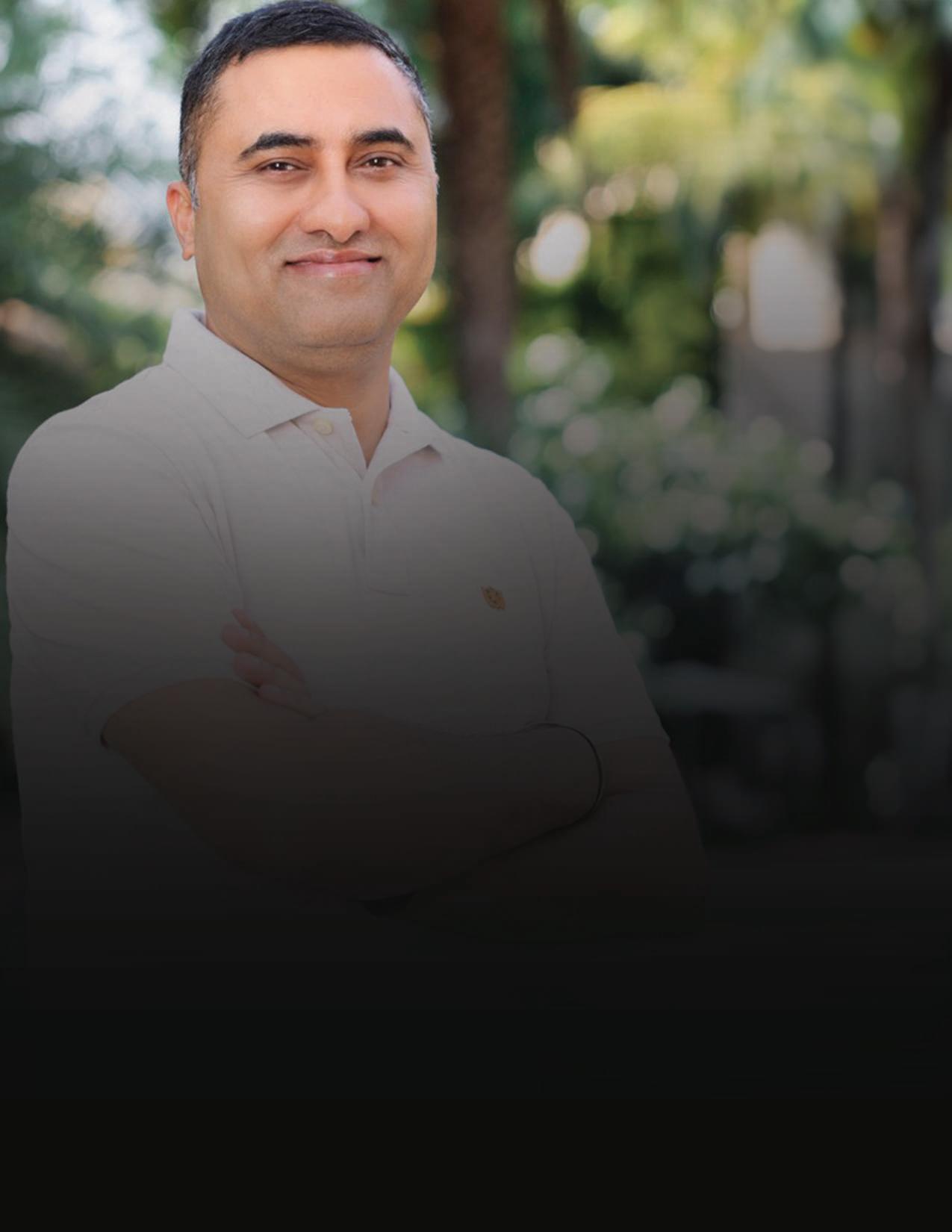
instrumental in shaping his analytical and strategic thinking capabilities. The combination of these disciplines has supported his successful HR career by enabling him to approach human resource management with a unique and multifaceted perspective.
As Acko’s CHRO, Pramodh faces the dynamic and rapidly evolving landscape of the insurance industry. His role involves driving strategic HR initiatives, fostering employee engagement, and ensuring a positive and productive work environment. The insurance sector is known for its fast-paced changes and competitive nature, which demands agile and forward-thinking talent management strategies. Pramodh’s expertise in handling HR challenges is crucial in navigating this complex environment.
His ability to anticipate industry trends and proactively address potential issues helps Acko stay ahead of the curve.
One of the significant challenges Pramodh addresses is the need for continuous innovation in HR practices. With Acko’s
rapid growth, traditional HR methods may not suffice. Therefore, Pramodh emphasizes the importance of adopting modern HR technologies and practices that enhance efficiency and effectiveness. This includes leveraging data analytics to make informed HR decisions, implementing AI-driven recruitment processes, and fostering a culture of continuous improvement.
Pramodh understands that people are at the heart of any successful organization. His focus on employee well-being, learning and development, and diversity and inclusion aligns perfectly with Acko’s commitment to nurturing its workforce. By creating a supportive and inclusive ecosystem, Pramodh contributes significantly to Acko’s mission of revolutionizing the insurance industry.
Employee well-being is a top priority for Pramodh. He believes that a healthy and happy workforce is more productive and engaged. To this end, he has implemented various wellbeing programs that address physical, mental, and emotional health. These programs include regular health check-ups, mental health support, and wellness activities such as yoga and meditation sessions. By promoting a holistic approach to well-being, Pramodh ensures that employees feel valued and cared for, which in turn boosts their motivation and productivity.
Learning and development are also central to Pramodh’s people-centric approach. He recognizes that continuous learning is essential for both personal and professional growth. Under his leadership, Acko has developed comprehensive training programs that cater to the diverse needs of its employees. These programs cover technical skills, soft skills, leadership development, and industry-specific knowledge. By investing in the development of its workforce, Acko not only enhances
employee capabilities but also ensures that the company remains competitive in the everchanging insurance landscape.
Diversity and inclusion are core values that Pramodh passionately champions. He believes that a diverse and inclusive workforce drives innovation and creativity. At Acko, diversity is celebrated, and efforts are made to ensure that everyone feels included and respected. This includes creating policies that promote gender equality, providing equal opportunities for people from different backgrounds, and fostering an environment where diverse perspectives are valued. Pramodh’s commitment to diversity and inclusion is reflected in Acko’s inclusive culture, where employees feel empowered to bring their authentic selves to work.
“You need the right people with you, not the best people.”
Jack Ma
To sum up, Pramodh Karumbaiah’s strategic acumen, educational background, and peoplecentric approach make him an invaluable asset to Acko’s HR team. His ability to navigate the complexities of the insurance industry, drive strategic HR initiatives, and foster a positive work environment ensures that Acko’s human capital remains its greatest strength. As Acko continues to disrupt the insurance industry with innovative solutions, Pramodh’s leadership in HR will play a crucial role in supporting the company’s growth and success. His dedication to employee well-being, learning and development, and diversity and inclusion not only enhances the employee experience but also strengthens Acko’s position as a leading player in the industry.


The way we work has undergone a seismic shift. Remote work, once a perk for a lucky few, has become a defining feature of the modern workforce. This transition presents both opportunities and challenges for Human Resource (HR) departments. As companies embrace remote work models, HR is at the forefront of ensuring a smooth transition, fostering a thriving distributed workforce, and maximising the benefits of this new work style.
HR in a Virtual World
Gone are the days of watercooler chats and casual hallway interactions. HR now faces the task of fostering company culture and building strong teams across geographical distances. Effective communication strategies are paramount. Regular virtual meetings are no longer a luxury, but a necessity. However, simply replicating in-person meetings online isn’t enough.
HR needs to create engaging virtual environments that encourage participation and build rapport.
Beyond meetings, accessible communication channels are crucial. Consider a mix of platforms like instant messaging tools for quick questions, collaboration platforms for project discussions, and video conferencing for in-depth discussions. These options cater to
different communication styles and foster a sense of connection despite physical separation.
Building relationships in a remote setting requires additional effort. Consider implementing virtual team-building activities and informal online social gatherings. Encourage casual conversations and icebreakers to create a sense of community. Utilise online
tools specifically designed for virtual team building to foster collaboration, spark creativity, and build trust among remote colleagues.
Performance Management Redefined Traditional performance reviews based on physical presence are no longer relevant. HR needs to develop new metrics to evaluate remote employees effectively. The focus should shift to results, output quality, goal achievement, and clear communication. Utilising project management tools and time trackers can provide valuable insights into progress and productivity. However, it’s crucial to strike a balance between monitoring performance and fostering a culture of trust and transparency. Regular check-ins with remote employees are essential to provide feedback, address concerns, and ensure employees feel supported. Consider implementing a system of self-evaluation paired with manager feedback to encourage ownership of performance and foster clear communication around expectations.
Wellbeing Takes Center Stage Working remotely can blur the lines between work and personal life. HR has a responsibility to ensure employee well-being. This can involve offering flexible work schedules,
encouraging breaks throughout the day, and providing resources for maintaining a healthy work-life balance.
Promoting flexible work arrangements is crucial for remote employees. This allows them to manage personal commitments and create work schedules that fit their individual needs. HR can also develop guidelines for setting boundaries to prevent work from encroaching on personal time. Furthermore, encourage breaks throughout the day. Discourage the practice of working through lunch breaks or late into the night. Promote the importance of disconnecting from work and engaging in activities that promote well-being.
Finally, HR needs to be mindful of potential feelings of isolation among remote workers. Remote workers can miss out on the spontaneous social interactions that happen in a physical office. HR can organise virtual social events, online coffee chats, or encourage virtual team lunches. Additionally, they can promote the creation of virtual social groups based on shared interests to foster connections beyond work tasks.
The shift to remote work necessitates a new skill set for both employees and HR professionals. HR needs to create training programs that equip
employees with the tools and technologies essential for remote collaboration. These tools might include project management platforms, online communication tools, and video conferencing software.
Training should extend beyond technology. Effective communication, time management, and self-motivation are critical skills for remote success. Equipping employees with these skills will empower them to thrive in this new work environment.
HR itself needs to develop expertise in areas like remote onboarding, managing virtual teams, and cybersecurity in a remote work environment.
Onboarding new remote employees requires a well-defined virtual process that includes clear communication of company culture, expectations, and access to necessary resources. Managing virtual teams demands a different approach than in-person teams. HR needs to develop strategies for setting clear goals, delegating tasks effectively, and holding virtual team members accountable. Cybersecurity becomes even more critical as employees work from potentially unsecured home networks.
